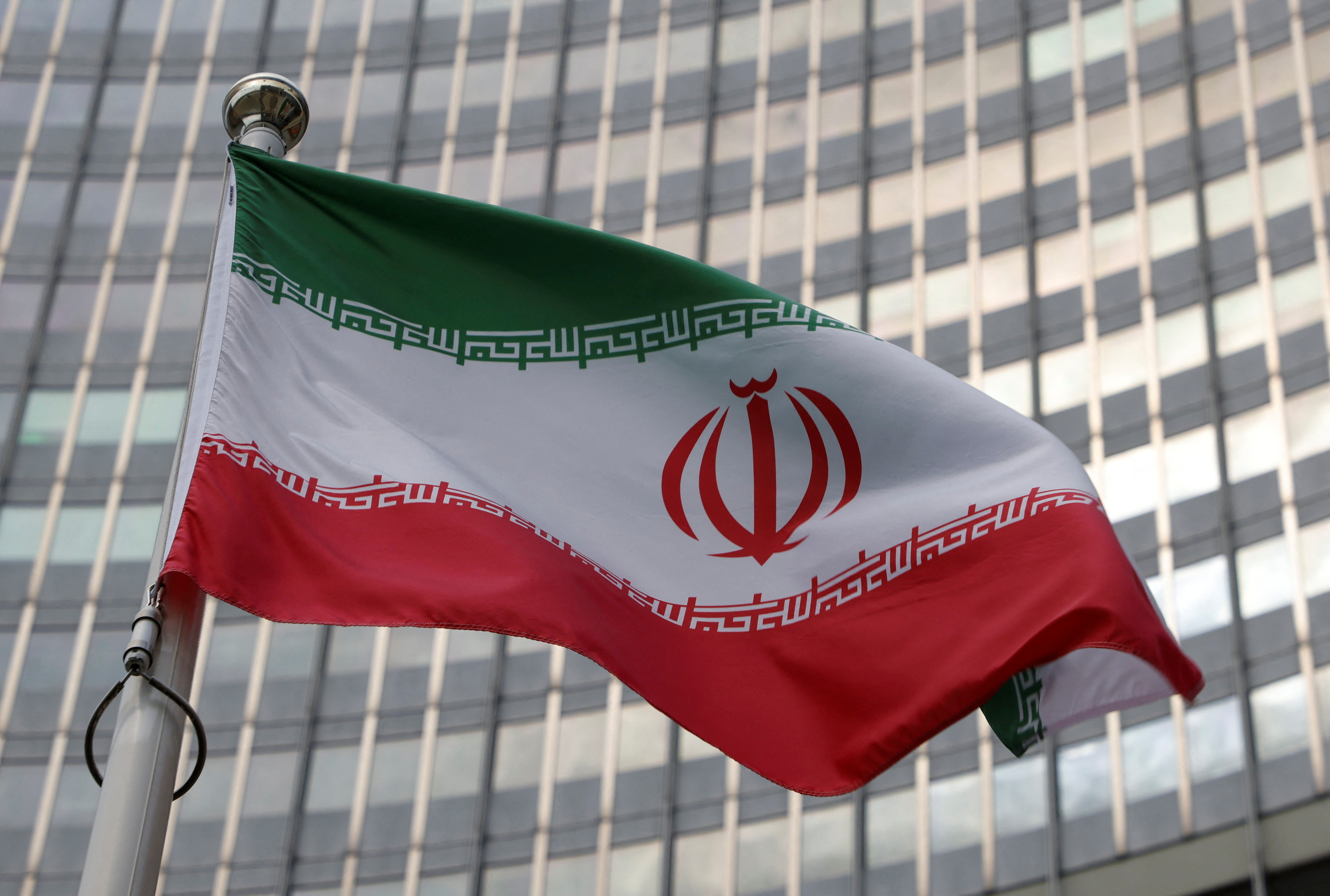
The report, released by the International Atomic Energy Agency (IAEA), indicates that Iran's stockpile of enriched uranium has grown to levels far exceeding the limits set by the 2015 nuclear deal, formally known as the Joint Comprehensive Plan of Action (JCPOA). This increase in uranium enrichment, particularly at levels close to weapons-grade, has heightened concerns that Iran may be edging closer to developing a nuclear weapon, a scenario that Israel views as a direct threat to its national security.
Israel, which has long been a vocal critic of Iran's nuclear program, sees this development as a significant escalation. The Israeli government has repeatedly warned that it will take all necessary measures, including military action, to prevent Iran from acquiring nuclear weapons. These warnings have contributed to an increasingly volatile situation in the Middle East, where the specter of a military confrontation between the two nations looms large.
The ongoing enrichment activities also come amid stalled negotiations aimed at reviving the JCPOA. Talks between Iran and the remaining signatories of the nuclear deal—Germany, France, the United Kingdom, Russia, and China—have struggled to make meaningful progress. The United States, which withdrew from the agreement in 2018 under then-President Donald Trump, has expressed willingness to rejoin the deal if Iran returns to full compliance. However, Iran has insisted on the removal of all sanctions as a precondition for any agreement, a stance that has complicated diplomatic efforts.
As Iran's nuclear capabilities grow, so does the risk of a broader regional conflict. Israel has reportedly ramped up its military preparedness in response to the threat, conducting large-scale drills and simulations aimed at countering Iranian aggression. The Israeli government has also sought to strengthen alliances with other Middle Eastern countries that share its concerns about Iran, including Saudi Arabia and the United Arab Emirates.
The international community remains deeply divided over how to address the situation. While some nations advocate for continued diplomatic engagement with Iran, others, including Israel, argue that more stringent measures are needed to prevent Tehran from further advancing its nuclear program. The United States and its European allies have emphasized the need for a unified approach, but achieving consensus has proven difficult.
Amid these developments, Iran has consistently maintained that its nuclear program is for peaceful purposes and that it has no intention of developing nuclear weapons. However, the IAEA’s findings have cast doubt on these assertions, fueling suspicions that Tehran may be pursuing a covert weapons program.
As the situation continues to unfold, the potential for miscalculation remains a significant concern. Both Iran and Israel have engaged in a war of words, with Iranian officials threatening retaliation against any Israeli aggression and Israel warning that it will not hesitate to act unilaterally if necessary. The ongoing tensions underscore the fragile nature of security in the Middle East and the high stakes involved in the international efforts to prevent nuclear proliferation in the region.
Topics
Spotlight
